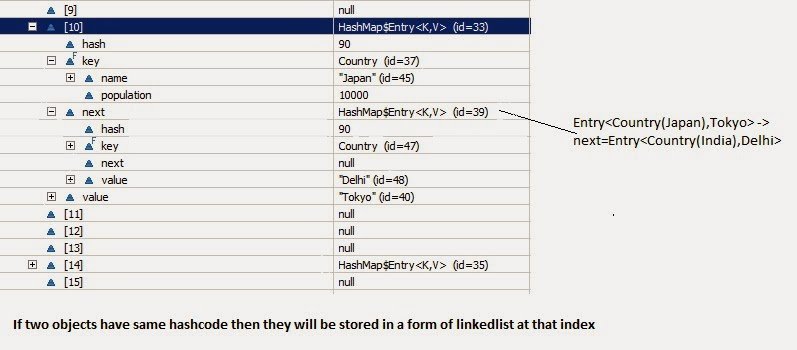
New AbstractMap.SimpleEntry("city", "budapest"))) 6. Map.of("key1","value1", "key2", "value2")) 1 day ago &0183 &32 You can do this by typing: import Suppose we want to relate a person’s name with their age. Now if we need a mutable or growing map after initialization, we can create any of the implementations of the Map interface and pass these immutable maps in the constructor: Map map = new HashMap (
Note that the factory methods produce immutable maps, hence any mutation will result in a UnsupportedOperationException.Īlso, they do not allow null keys or duplicate keys. Map
Hashmap allows multiple null values and only one null key. New AbstractMap.SimpleEntry("home", "1231231231") 1 day ago &0183 &32 I am new to java and was trying to come up with a way to find the hashmap which the given object is stored in with its key So for example, there are two hashmaps, map1 and map2. It stores values based on keys, and it can be accessed using keys.
New AbstractMap.SimpleEntry("zip", "000000"), Instead of iterating through all of the entries, we can use the putAll () method, which shallow-copies all of the mappings in one step: HashMapIt contains the elements in key-value pair form. Let’s have a look at the important methods of HashMap in java. HashMap extends AbstractMap class and implements the Map interface.
New AbstractMap.SimpleEntry("city", "budapest"), MapNew AbstractMap.SimpleEntry("name", "John"),

It's similar to the Map.of() but has no limitations on the number of key-value pairs: Map map = Map.ofEntries(


 0 kommentar(er)
0 kommentar(er)
